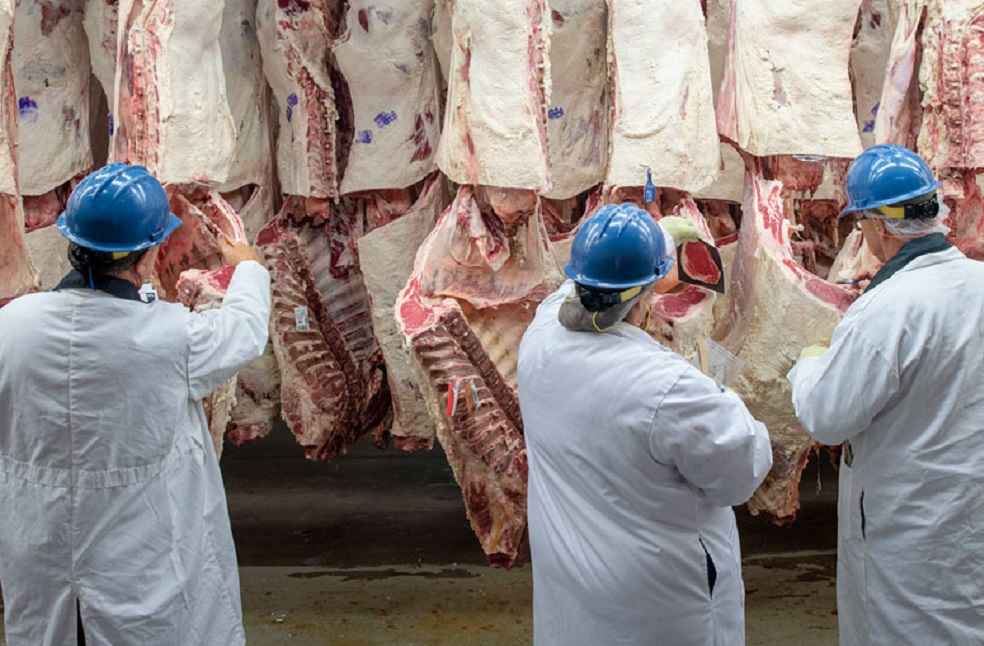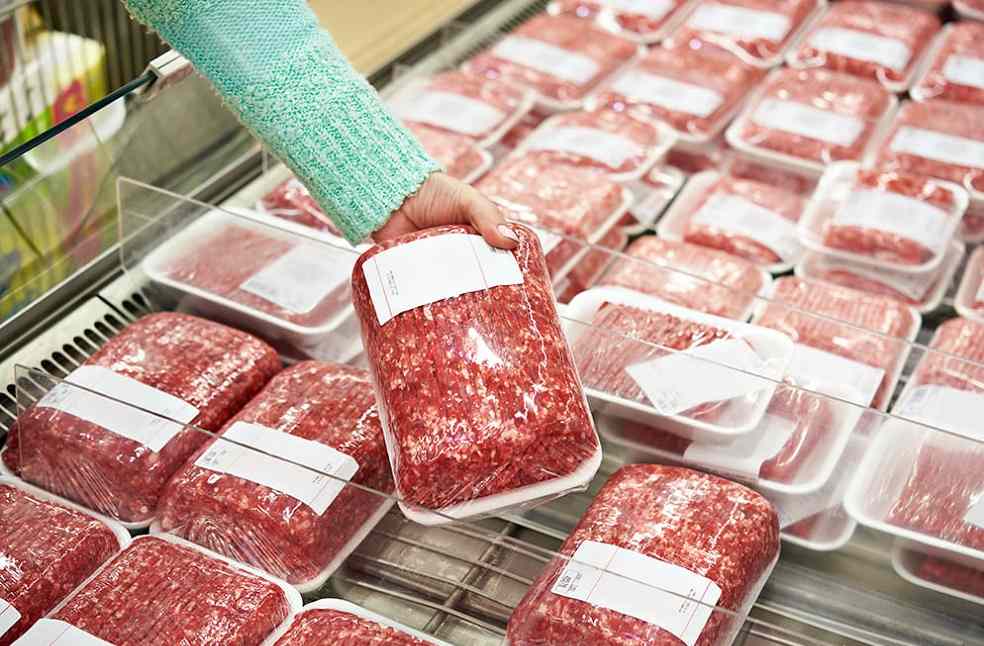Taiwan’s Food and Drug Administration lifted the age limit on Japanese beef imports on Thursday, permitting the entry of meat from cattle older than 30 months for the first time.
TFDA Director General Chiang Chih-kang stated that the decision was based on extensive scientific evaluation over several years, which included three expert consultations and an on-site inspection in Japan in 2022, according to CNA. He emphasized that all research findings and safety assessments have been made publicly available online to uphold transparency.
The FDA also issued draft revisions in March and initiated a 60-day period to collect public feedback.

Previously, imported Japanese beef had to be sourced from cattle no older than 30 months due to the 2003 outbreak of bovine spongiform encephalopathy (mad cow disease). At the time, Taiwan banned imports from Japan, the US, Canada, and other affected countries. While it lifted restrictions for US beef in 2021 and Canadian beef in 2023, Japan’s regulations remained partially relaxed since 2017, but the 30-month limit stayed in effect.
According to TFDA analysis, the risk of exposure to bovine spongiform encephalopathy (BSE) is minimal, estimated at only one case per 150 million consumers. Japan has not recorded a BSE case since 2009 and is now designated as a negligible-risk country by the World Organization for Animal Health.

Chiang stated that Japanese beef comprised only 1.4% of Taiwan’s total beef imports last year, as reported by UDN. In comparison, the top three suppliers—the U.S., Paraguay, and Australia—collectively accounted for more than 80% of Taiwan’s beef imports.
The FDA affirmed that beef products from cattle either suspected or confirmed to have mad cow disease, as well as those from the same birth group as an infected animal, are banned from import. The agency emphasized its commitment to maintaining the highest food safety standards.
ENERGY INDUSTRY | Turkiye Eyes Energy Exports to Syria to Support Electricity Supply



